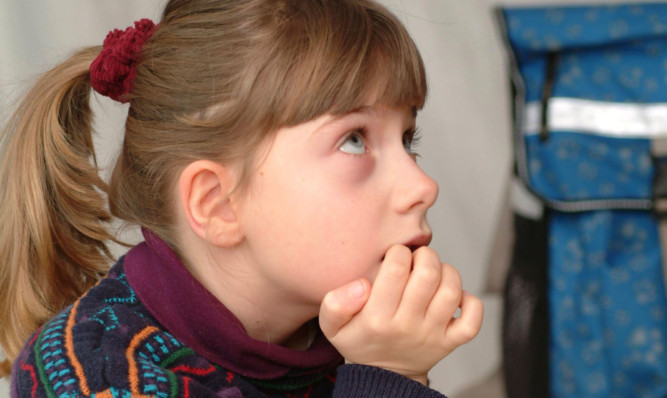
Sanctions scandal hits 3,000 families.
Thousands of children across the country could be going without meals because of welfare sanctions imposed by the UK Government.
A damning report reveals 3,000 families in Scotland had their benefits stopped or docked as punishment for “not doing enough to find work”.
If extrapolated across the rest of the UK, it would suggest a total of more than 36,000 households with children have been affected by the use of the cash-saving punishments.
The revelations come after The Sunday Post highlighted a string of failings with the welfare safety net.
Our probe was sparked by the case of Helen and David Stuart, who found themselves denied benefits. David had been made unemployed but because Helen was working, he received nothing from a benefits system that is supposed to help them.
SNP MSP Kevin Stewart said: “Thousands of children are paying the price for sanctions.
“Children can’t be held responsible for whether their parents are sanctioned, but thousands are paying the price. It is another example of a sanctions regime that has shown itself to be grossly unfair.
“There must be an independent inquiry into Westminster’s sanctions regime that seems to be running out of control, and the SNP will continue to press that case.”
The use of sanctions halting people’s benefits for weeks at a time when they fail to meet targets has increasingly come under fire.
It’s alleged they hit the most vulnerable hardest and penalise kids for their parents’ failings.
Some families have even claimed the punishments left them so hard up they struggled to feed their children.
The Department for Work and Pensions (DWP) does not provide figures on the number of claimants with dependent children who have been sanctioned.
However, the Scottish Parliament’s independent research unit worked out an estimate based on other data from the DWP. It estimates that, between October 2013 and September last year, 3,023 households with children, which contain an adult on Jobseekers Allowance or Employment Support Allowance, were affected by sanctions.
Earlier this month Tory Skills and Education Minister Nick Boles admitted the coalition’s use of benefit sanctions was “inhuman”.
His remarks came a day after a report claimed families would lose an estimated £960 million a year across Scotland, because of proposed cuts.
However, a DWP spokesman pointed out the number of sanctions in Scotland had fallen.
He said: “Jobcentre Plus advisers work hard to help claimants into work and employment in Scotland is up 48,000 over the past year.
“Sanctions are only used as a last resort for the tiny minority who fail to take up the support on offer.”
Meanwhile, in a further blow to the DWP, figures show its flagship shake-up of the welfare system known as Universal Credit is well behind schedule.
A report last week showed only 40,100 people were claiming Universal Credit less than 1% of the 4.5 million people UK Government ministers claimed there would be.

Enjoy the convenience of having The Sunday Post delivered as a digital ePaper straight to your smartphone, tablet or computer.
Subscribe for only £5.49 a month and enjoy all the benefits of the printed paper as a digital replica.
Subscribe